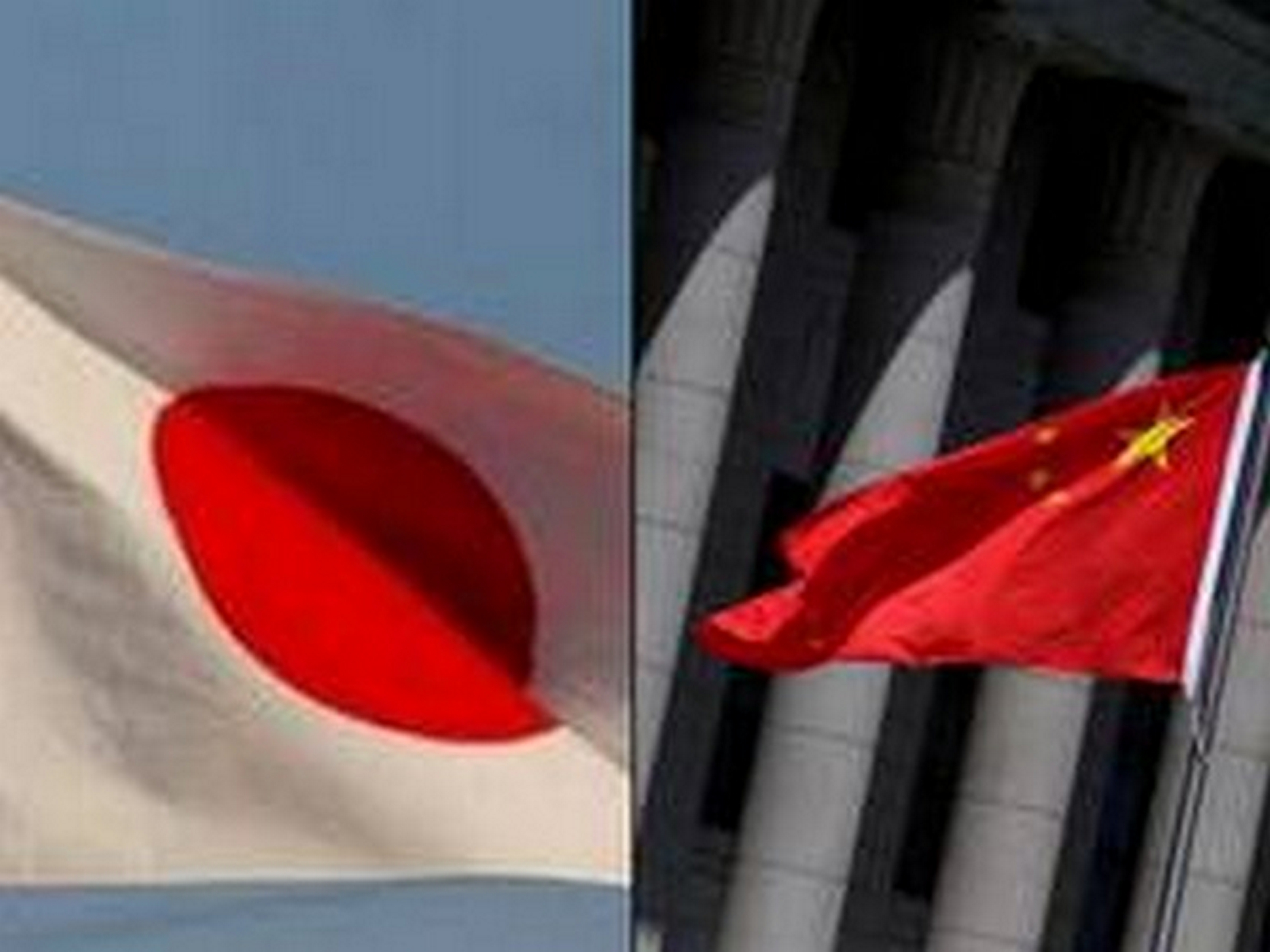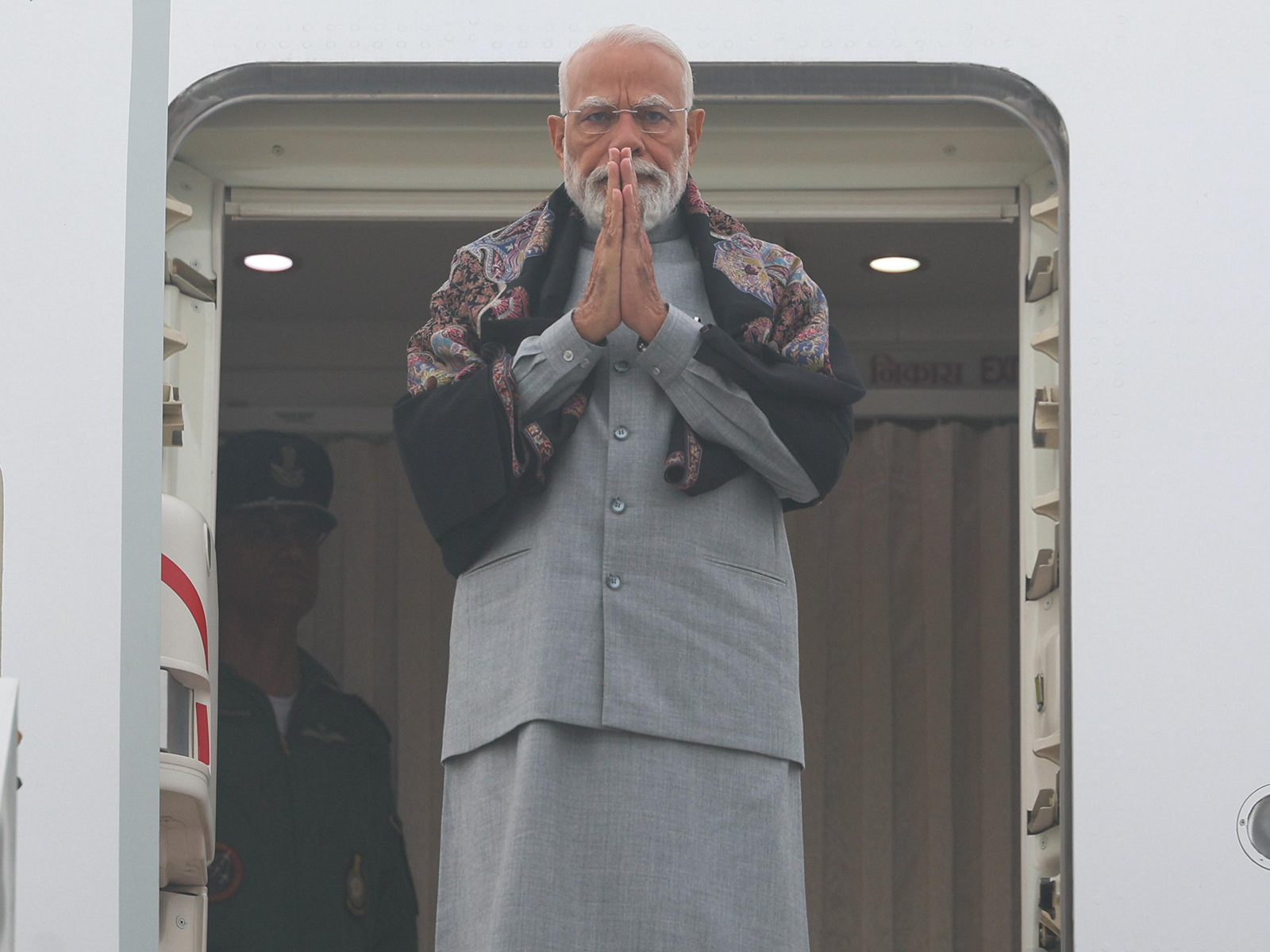Jenin rockets had no warheads but still spell trouble
Jun 29, 2023

Tel Aviv [Israel], June 29 (ANI/TPS): Monday's launch of two rockets by Palestinian terrorists in Jenin is important to put in its correct proportions. The rockets had no warheads, posed no threat to Israeli communities and are considered by military weapons analysts to be highly amateurish.
Meanwhile, Hamas claimed responsibility for the incident.
Yet zooming out, the rockets are still a red flag. They are a source of inspiration for terrorist factions bent on turning Samaria into a rocket launching pad. And whatever technical abilities the terrorist factions currently lack, they make up for with the psychological warfare represented by the mere fact of the launch from an area not known for such activity, unlike Gaza.
To be sure, the Israel Defense Forces' grip on the area, augmented by Israel Security Agency (Shin Bet) intelligence and frequent counter-terror raids, means that Hamas, Palestinian Islamic Jihad and local terror groups will not find it easy to advance their rocket project, unlike in Gaza, where Hamas has full control and has established, with Iranian assistance, a sprawling rocket production industry.
Meanwhile, the Jenin rockets are part of a larger and more troubling rise in terrorist activity in the Samaria region, which witnessed a terrorist attack on June 20 near Eli in which four Israeli civilians were killed.
According to IDF spokesman Rear Admiral Daniel Hagari, the escalation is enabled by multiple factors, not least of which is the flooding of the area with firearms.
Some of the guns are being smuggled in from Jordan, some from within Israel, and the Iranian-Hezbollah axis has been trying to smuggle firearms in from Lebanon too--so far with limited success.
Ultimately, the radical Iranian-led Shi'ite axis is pursuing the goal of providing terrorists in Judea and Samaria with more weapons.
The weakness of the Palestinian Authority and its inability to regain control in Jenin and Nablus is another major factor. If the P.A. fails to step up its security activities, the violence could spread south and threaten its remaining area of control--just as its Hamas rival wishes.
Additionally, Iran, as well as Gazan terror factions Hamas and Islamic Jihad, are trying to saturate Judea and Samaria with funds, and encourage local cells to conduct attacks.
With 28 Israelis killed by Palestinian terrorism since the start of the year, and a growing number of drive-by shootings on roads sharing both Palestinian and Israeli traffic, the deterioration reached an alarming peak last week.
IDF officials have also repeatedly stressed that as they mobilize back-up battalions and double down on security missions, the actions of a hardcore group of far-right Israelis in Judea and Samaria, who have been entering Palestinian villages to commit acts of violence and vandalism against ordinary Palestinian civilians, constitute another match in the highly combustible situation.
After failing to prevent such lawless attacks as the one that occurred last week in the village of Turmus Ayya following the funerals of the four Israeli terror victims, the Israeli defense establishment has decided to double down on such actions.
The IDF would much prefer to focus its resources on combating terrorism, and it has already begun employing new tools to do so, as demonstrated by the June 21 drone strike on a vehicle carrying three Palestinian gunmen en route to an attack.
The terror squad had already fired on a military post at Jalame, and was tracked by an Israeli Hermes 450-type drone as part of the Israeli tactical expansion of counter-terrorism tools.
Looking ahead, terror on the roads of Judea and Samaria remains the top threat. Israel will evaluate whether its latest security steps are sufficient to stabilize the arena; if not, a larger security operation would appear to be the likely next step. (ANI/TPS)



















